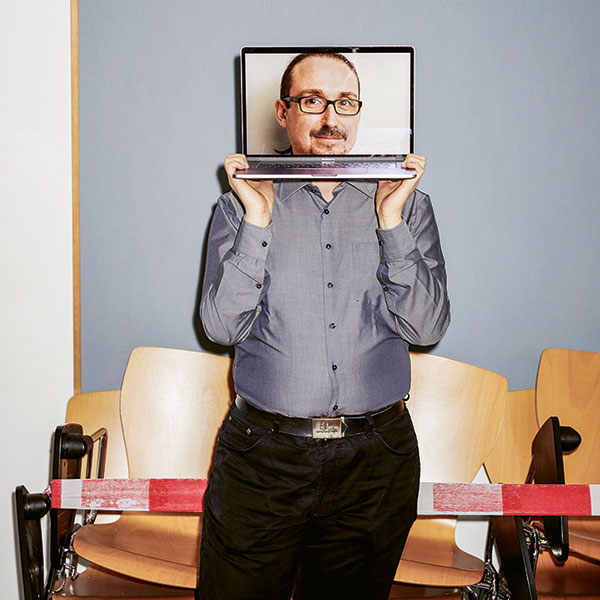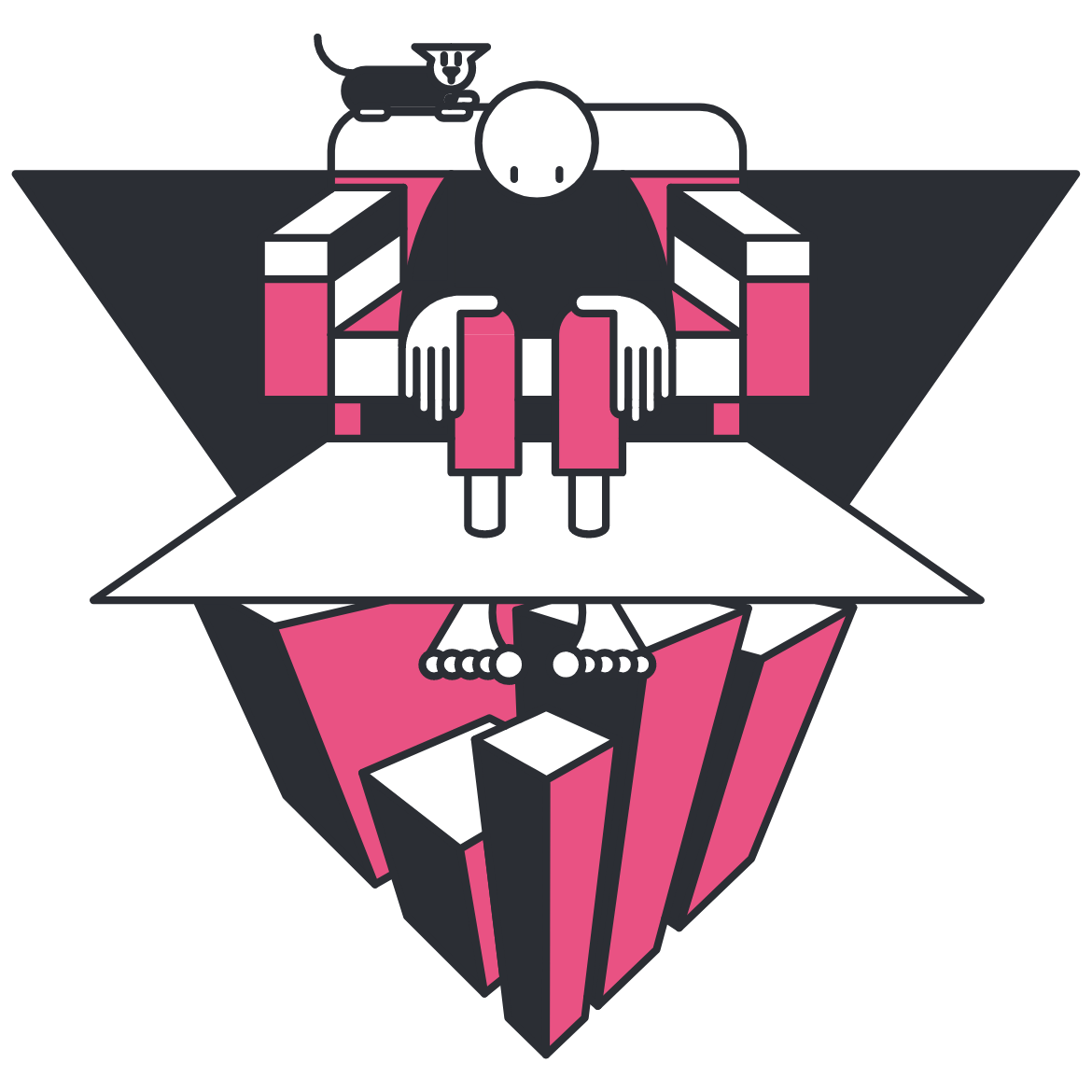COLUMN
A virtual chat about women in science
The time is ripe for Switzerland to start providing incentives to promote women in research, writes Matthias Egger, President of the National Research Council.

Equality of opportunity in science and scholarship is crucial for societal change. That’s why Matthias Egger is insisting on a clear commitment to it. | Image: Manu Friederich
I recently attended the virtual kick-off event of the Prima leadership programme of the SNSF. Its grants cover salaries and project costs for five years – but for women researchers only. The Prima programme aims to address the underrepresentation of women in academia. Progress has been painfully slow: over the last ten years, the proportion of female professors at Swiss universities has increased from 17% to just 24%.
With over 300 contributions, the chat was a lively forum for exchanging opinions, papers and websites. The comments illustrated many of the issues that female scientists face. For example, on the competing expectations that women feel as mothers:
- “I felt guilty as a mother when I was working and not with the baby. And I felt guilty as a scientist when I was with the baby and not working”.
On weak support structures:
- “If you have to pay CHF 3,000 for five days of standard childcare, then of course one parent will work less”.
On discriminatory attitudes:
- “I have been told that I should not complain because I am childless”.
On the toxic culture in science:
- “The culture of hard-edged scientific competition is at odds with core scientific values, like creativity, thoroughness and inclusiveness. Protecting these values requires regulation”.
And on SNSF policies:
- “Would it make sense for the SNSF to incentivise good behaviour?”
Yes, I think incentives would make sense. In the UK, the Athena Swan awards were established to recognise institutions of higher education and research that demonstrate a commitment to advancing women’s careers. The awards include bronze (assessment and action plan), silver (successful implementation and impact) and gold (beacons of good practice) and need to be renewed after four years. The scheme received a boost when one major funder, the National Institute for Health Research, required the silver award as an eligibility criterion before funding competitive biomedical research centres. Several evaluations have shown that the programme advances gender equality.
It is time for Switzerland to consider a similar initiative. Of course, there are limits to what such programmes can do without broader institutional and societal changes. But we should all agree that promoting gender equity in science is essential. The equal participation of all in research is crucial to justifying public funding and, more importantly, to ensuring social progress.




